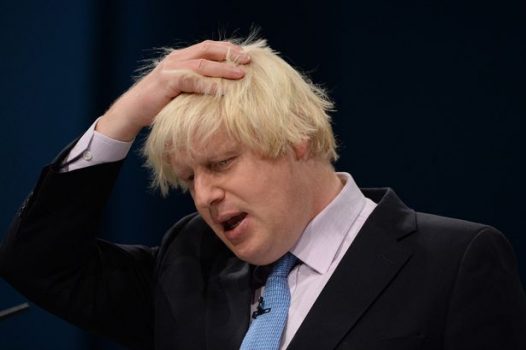 A major blow was dealt to the British Prime Minister, Boris Johnson on Tuesday morning after the country’s highest court ruled that his decision to suspend Parliament for five weeks was illegal.
A major blow was dealt to the British Prime Minister, Boris Johnson on Tuesday morning after the country’s highest court ruled that his decision to suspend Parliament for five weeks was illegal.
The unanimous Supreme Court ruling declared the order to suspend Parliament void and of no effect.
The President of the British Supreme Court, Brenda Hale held that the suspension was unlawful because it had the ‘effect of frustrating or preventing the ability of Parliament to carry out its constitutional functions without reasonable justification’.
Justice Hale said the court’s judgement means that Parliament was never legally suspended and is technically still sitting.
In Britain which has no written constitution, the case marked a rare confrontation between the Prime Minister , the courts and Parliament over their rights and responsibilities.
It also revolves around whether Johnson acted lawfully when he advised the Queen to suspend Parliament for five weeks during a crucial time frame before the October 31 Brexit deadline.
Johnson, who is currently in New York for the United Nations General Assembly has refused to say whether he will resign if he is found to have broken the law or will seek to shut down Parliament again.
The decision of the Supreme Court followed the three days of hearings before a panel of 11 judges. The court also rejected the government’s assertions that the decision to suspend Parliament was routine and not related to Brexit.
The government has claimed that under Britain’s unwritten constitution, it is a matter for politicians and not courts to decide.
The government’s opponents however argued that Johnson illegally shut down Parliament just weeks before the country was due to leave the European Union (EU) in order to dodge lawmakers’ scrutiny of his Brexit plans.
They also accused Johnson of misleading the Queen, whose formal approval was needed to suspend the legislature.
Johnson and Parliament have been at loggerheads since he took power in July with the determination to take Britain out of the 28-member bloc on October 31 with or without a divorce deal with Europe.

Biden Administration Imposes New Sanctions On Iran Following Attack On Israel
Israel’s European Allies Urge Restraint Amid Escalating Tensions With Iran
Israel Prepares For Possible Attack From Iran As Tensions Escalate
Senegal’s President Bassirou Appoints Ousmane Sonko As New Prime Minister